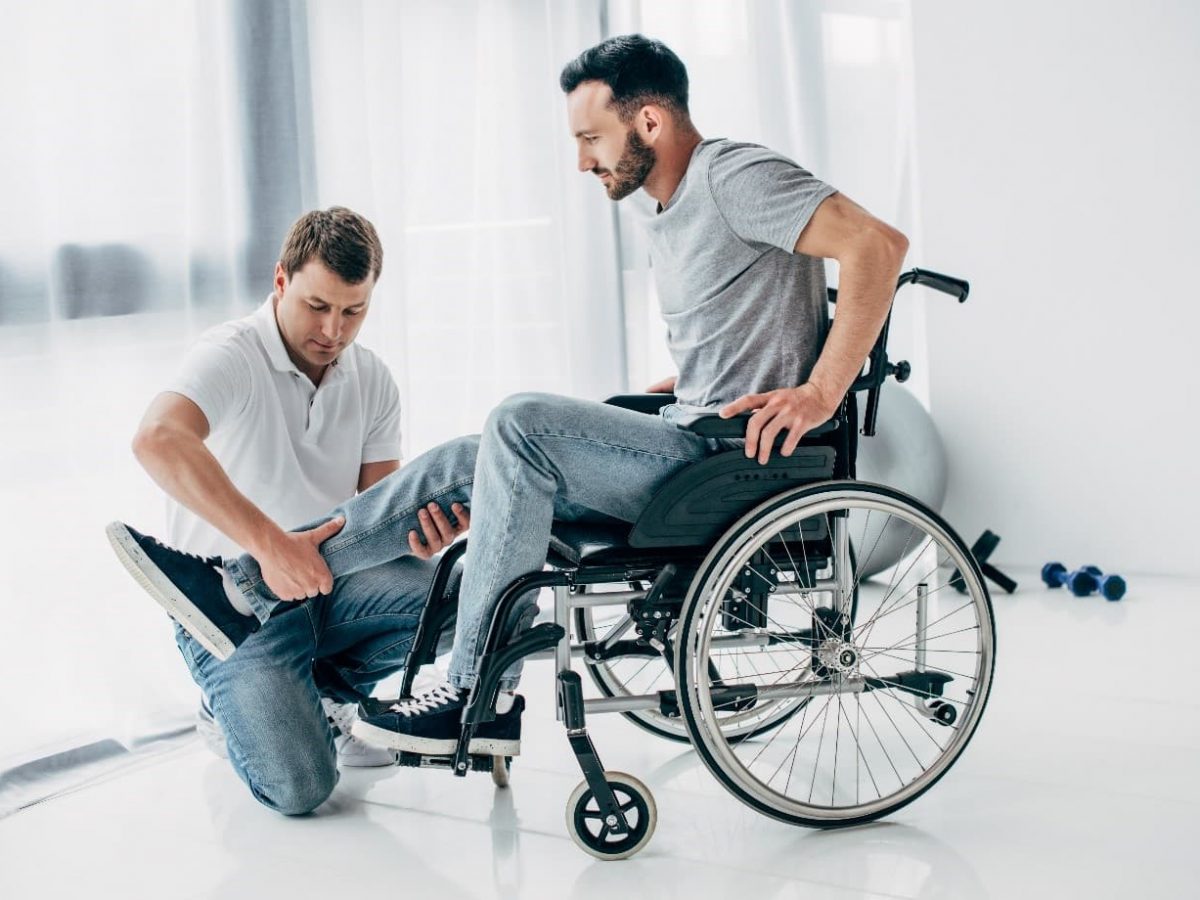
Empowering individuals through NDIS physiotherapy is a crucial aspect of promoting independence and improving the quality of life for people with disabilities. The National Disability Insurance Scheme (NDIS) in Australia is a government-funded program that provides support and services to individuals with disabilities, including access to physiotherapy services.
One of the key components of NDIS physiotherapy is its holistic approach to care. It focuses on treating the individual as a whole, taking into account their physical, emotional, and social well-being. This approach ensures that the individual's needs are met in a comprehensive manner, leading to better outcomes and improved quality of life.
Through NDIS physiotherapy, individuals with disabilities can access a wide range of services to improve their physical health and mobility. This includes exercises to improve strength, flexibility, balance, and coordination, as well as techniques to manage pain and prevent injuries.
In addition to physical benefits, NDIS physiotherapy also focuses on improving the individual's emotional well-being. Living with a disability can be challenging, both physically and emotionally, and physiotherapy can help individuals cope with the emotional aspects of their condition.
Moreover, NDIS physiotherapy takes a holistic approach to social well-being by helping individuals build confidence, self-esteem, and social skills through physical activity and interaction. Physiotherapists often incorporate group exercises, sports, and recreational activities into their sessions to promote social interaction, teamwork, and a sense of belonging.
Empowering individuals through NDIS physiotherapy is not just about treating their physical symptoms but also about empowering them to take control of their own health and well-being. Physiotherapists work closely with individuals to educate them about their condition, teach them self-management techniques, and empower them to make informed decisions about their health.
Furthermore, NDIS physiotherapy promotes independence by helping individuals set realistic and achievable goals, such as improving their mobility, reducing pain, or enhancing their overall quality of life. Physiotherapists provide ongoing support and encouragement to help individuals stay motivated, track their progress, and make adjustments to their treatment plan as needed.
In conclusion, empowering individuals through NDIS physiotherapy is a holistic approach that focuses on improving the physical, emotional, and social well-being of individuals with disabilities. By providing personalized care, ongoing support, and empowering individuals to take control of their own health, physiotherapists help individuals achieve greater independence, confidence, and quality of life.
